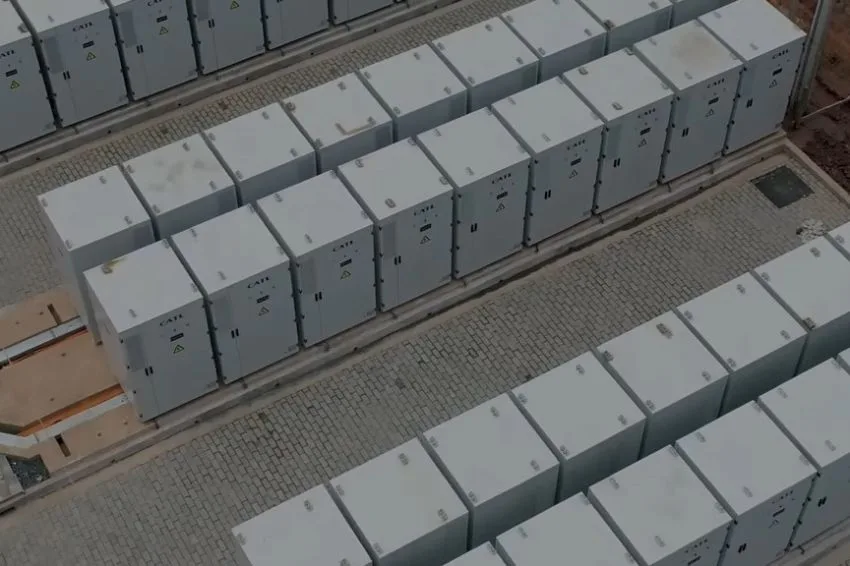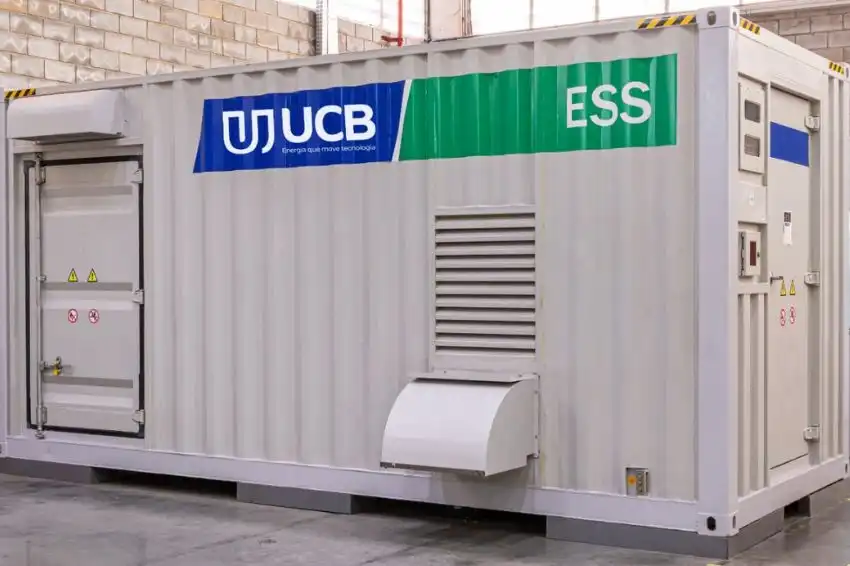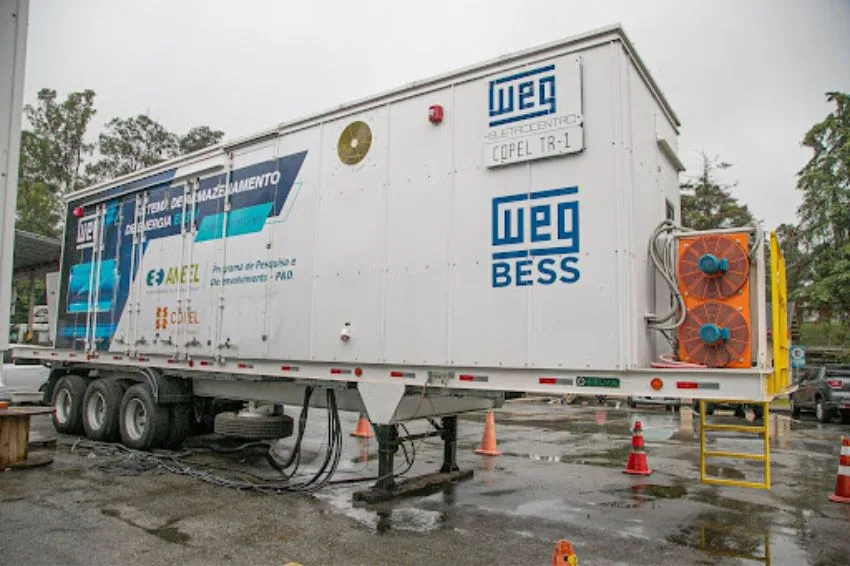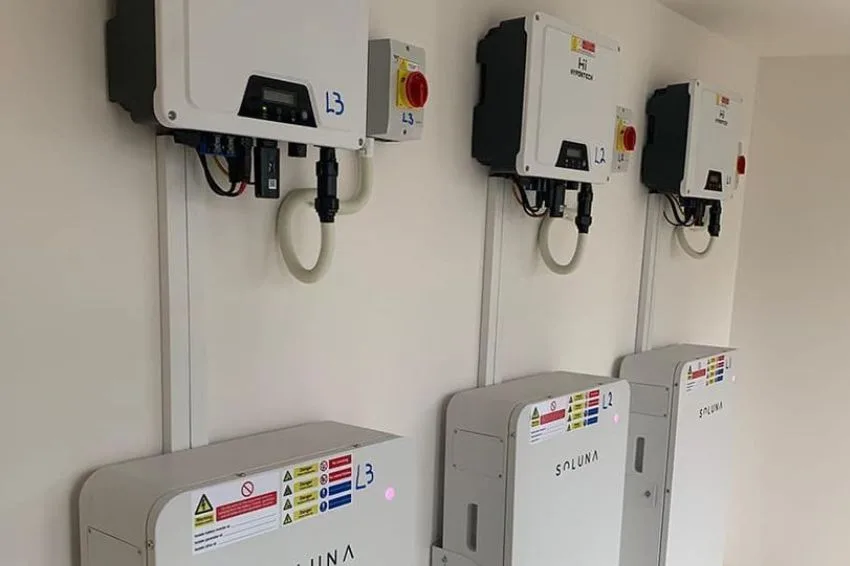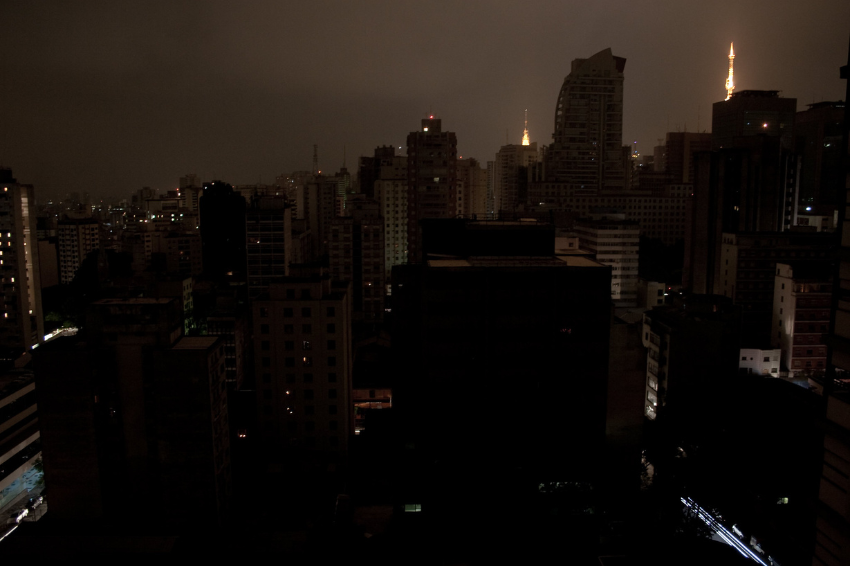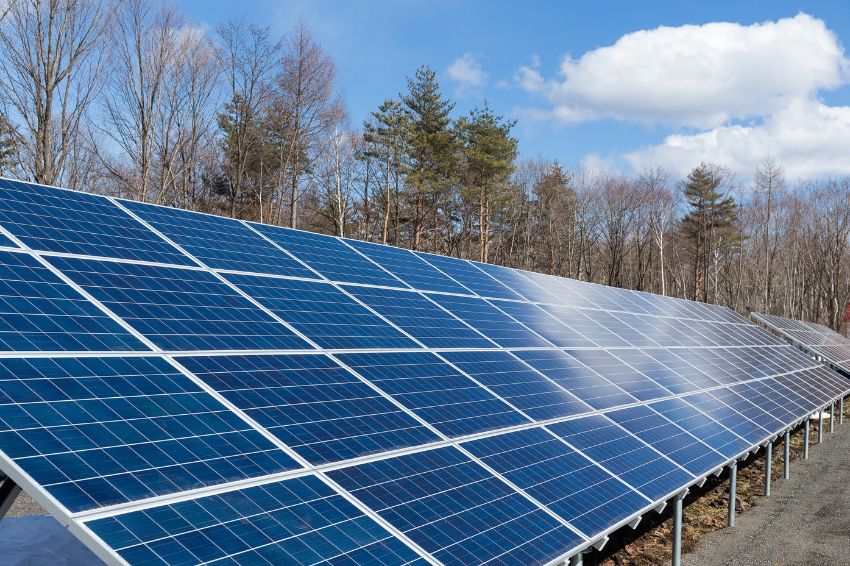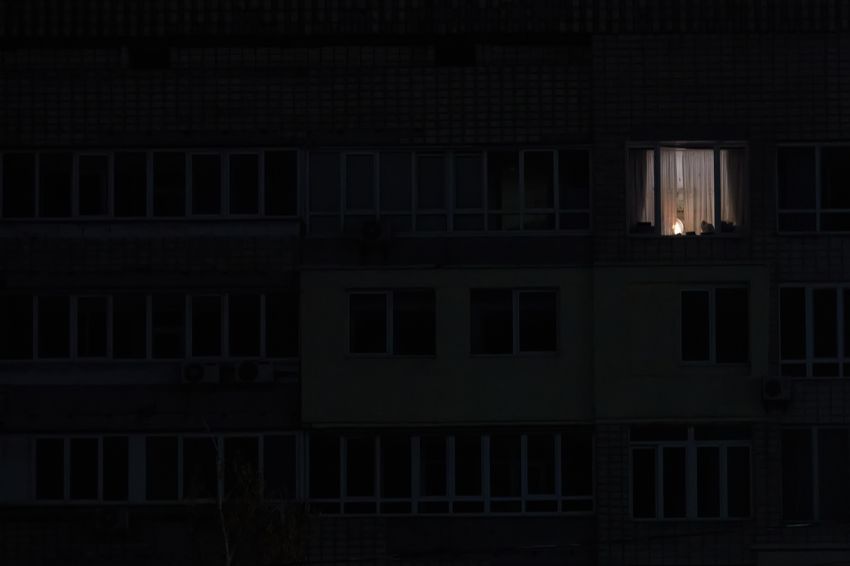On a three month interval, the minister of Mines and Energy, Alexandre Silveira, presented two versions of the participation of batteries in the Capacity Reserve Auction.
On March 21, in Houston, USA, he signaled that he would include technology in the competition, but in June he reversed while declaring that the solution still presents technological and regulatory challenges.
However, experts heard by Canal Solar contest the minister's position.
For Silvia Wada, executive director of Finance and Investor Relations at ISA CTEEP, you battery systems (BESS-Battery Energy Storage System) are a mature and reliable technology, already used to meet the systemic needs of countries such as the United States, Australia, England and Italy.
“In fact, as recognized by the MME, during a workshop held on May 24th, the BESS coupled (hybrid) or uncoupled (stand-alone) of non-controllable renewable generation presents technical attributes complementary to the other technological alternatives (thermal and hydroelectric plants) present in the initial public consultation of the LRCAP (Capacity Reserve Auction in the form of Power) guidelines of 2024,” said Wada.
On March 8, the MME opened the Public Consultation nº 160 to discuss LRCAP guidelines. The consultation, which was supposed to close on March 28th, had its deadline extended until April 26th. Since then, the market has been awaiting the results of the contributions.
O The event is scheduled to take place on August 30th, but there are already signs that there will not be enough time to meet the deadline, which could move the auction to September or October.
In the view of ISA CTEEP, It is It is crucial to issue specific regulation for BESS, the first part of which is expected to be published by ANEEL (National Electric Energy Agency) until December 2024.
However, the The company also assesses that only small adjustments would be needed in the regulations for hybrid plants to include hybrid BESS in LRCAP 2024.
The company has practical experience in using batteries for energy storage since 2022, with a project at Registro Substation, with a capacity of 60 MWh.
This technology increases reliability during consumption peaks on the South Coast of São Paulo, especially in the summer, reinforcing the electrical grid, reducing the load on lines in the region and ensuring additional supply for up to two hours.
“The Registry BESS avoided the consumption of around 350 thousand liters of diesel oil in two years of operation, by eliminating the use of diesel generation, which was the alternative solution for the region”, highlighted Wada.
Since the inauguration of the system, more than 40 dispatches of stored energy have been carried out. For the company, “storage systems have excellent attributes to be added to the SIN (National Interconnected System), and ISA CTEEP is interested in developing new storage projects, as well as other technological innovations.”
According to Markus Vlasits, president of ABSAE (Brazilian Association of Energy Storage Solutions), Storage systems have at least four main attributes:
- Versatility: BESS act as a source or load, depending on the situation, absorbing surplus renewable generation and injecting power when necessary.
- Speed: the activation time of a BESS is less than 0.5 seconds, while traditional plants take minutes or even hours. Due to this speed, BESS are used for real-time frequency and voltage regulation, via automated dispatches.
- Locational flexibility: BESS do not depend on gas pipelines, water availability or other resources, and can be installed where they are most useful for the electrical system.
- Reduced implementation time: the BESS at Registro substation (60 MWh) was implemented in around 12 months, while other works in the electricity sector, except solar, have much longer deadlines.
Sérgio Jacobsen, CEO of Micropower Energy, expressed surprise at the minister's statement that the technology is not mature. “We don’t need specific regulation for LRCAP. The battery associated with a solar plant has the same effect as a thermal plant.”
Commercially, according to experts, the technology can compete with other solutions without subsidies, delivering the same attributes as a fossil fuel-powered thermal plant.
“It is difficult to conceive that a renewable energy company would not participate in a contract that runs from 2028 to 2043, when the rest of the world is decarbonizing the matrix,” said Jacobsen.
Carlos Brandão, president of ABAQUE (Brazilian Association of Energy Storage and Quality), highlighted that the entity works in energy storage regulation in Brazil since 2015. “It is inexplicable that, in nine years, Brazil has not advanced and now, in 2024, there is still a lack of regulation.”
He stated that battery systems can compete with other sources, since the technology costs US$ 100/MWh. “We defend the absence of subsidies, allowing all sources to compete equally in the capacity auction”, argued Brandão.
It is estimated that around 40 GW of battery storage systems be iinstalled in the world, according to ABAQUE.
According to TR Soluções, a company specializing in technology for the electricity sector, around 4 GW will be contracted in the auction for delivery in 2027 and the remaining 3.5 GW in 2028.
All content on Canal Solar is protected by copyright law, and partial or total reproduction of this site in any medium is expressly prohibited. If you are interested in collaborating or reusing some of our material, we ask that you contact us via email: [email protected].


